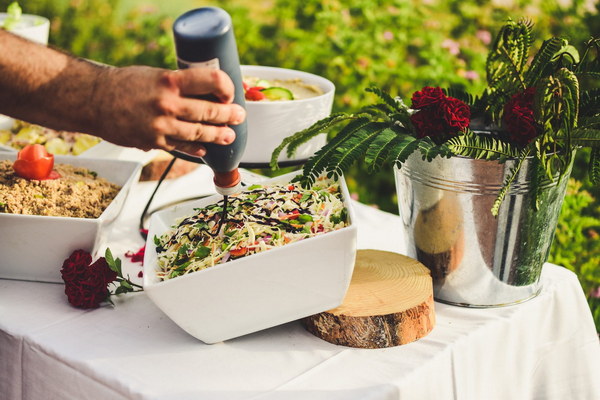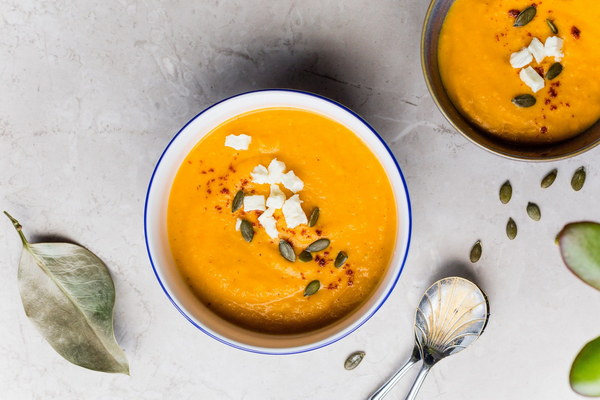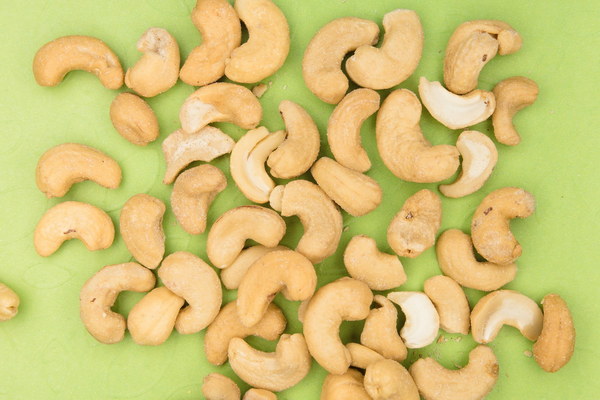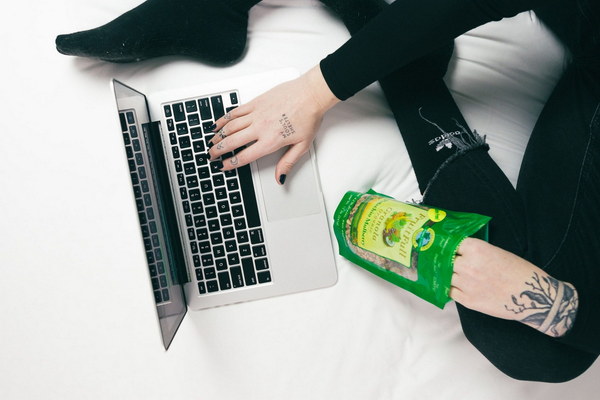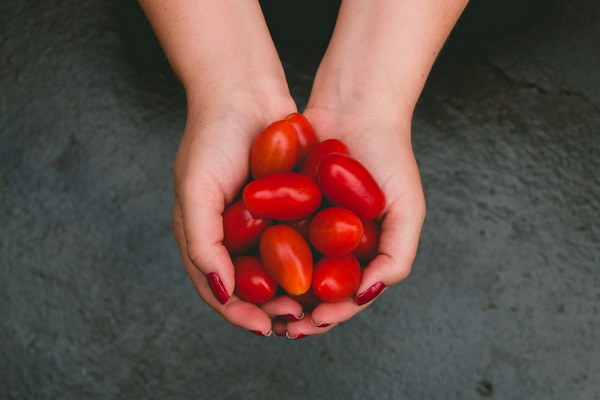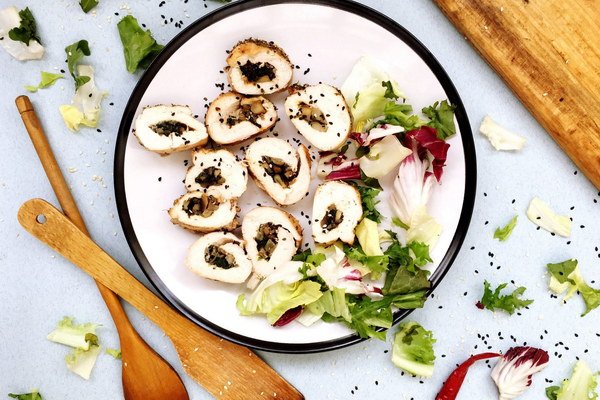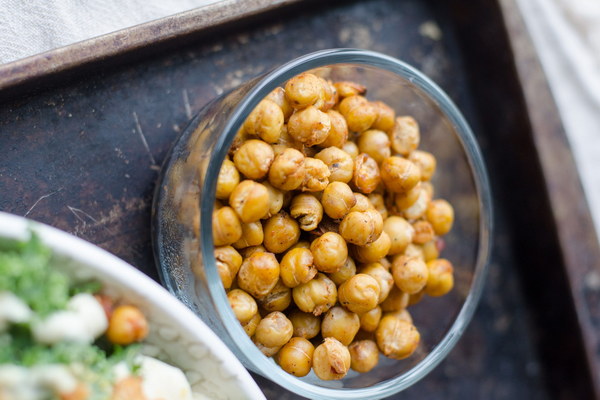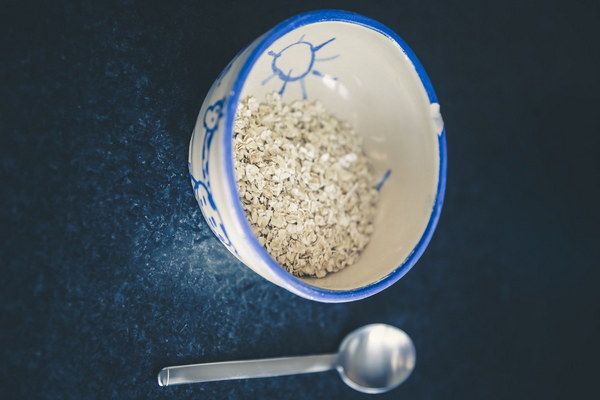Prenatal Nutrition for Pregnant Cats A Comprehensive Guide to Feline Diet and Supplements
Prenatal Nutrition for Pregnant Cats: A Comprehensive Guide to Feline Diet and Supplements
Embarking on the journey of motherhood for your feline companion can be both exciting and daunting. Ensuring that your pregnant cat receives proper nutrition is crucial for the health of both her and her impending litter. This guide will delve into the essential aspects of prenatal nutrition for cats, covering dietary requirements, recommended supplements, and tips for maintaining a healthy diet during pregnancy.
Understanding the Nutritional Needs of a Pregnant Cat
As a cat enters her pregnancy, her nutritional requirements increase significantly. The demand for calories, proteins, vitamins, and minerals rises to support the growth of her kittens and maintain her own health. Here are some key points to consider:
1. Increased Caloric Intake
A pregnant cat requires up to 50% more calories than usual. These extra calories are essential for the development of the kittens. It's important to provide her with a high-quality diet that meets her increased energy needs.
2. Balanced Protein
Protein is the building block for the kittens' bodies. A diet rich in high-quality protein, such as that found in chicken, fish, and beef, is crucial during pregnancy. Aim for a protein content of 22-32% in her food.
3. Essential Fats
Fats are another vital component for kittens' growth and development. Foods high in omega-3 and omega-6 fatty acids can support brain and eye development. Look for cat foods fortified with these healthy fats.
4. Vitamins and Minerals
Pregnant cats need additional vitamins and minerals to ensure the health of both mother and kittens. Key nutrients include calcium, phosphorus, vitamin D, and certain B vitamins. These can often be found in specially formulated cat food for pregnant or nursing cats.
Dietary Recommendations
1. High-Quality Commercial Cat Food
Commercial cat food formulated for pregnant or nursing cats can be a convenient and nutritionally balanced option. These foods are designed to meet the specific needs of expectant mothers and their growing kittens.
2. Fresh Foods
In addition to commercial food, you can supplement your cat's diet with fresh foods such as cooked lean meats, fish, eggs, and dairy products (if your cat is not lactose intolerant). Always ensure these foods are cooked and free from harmful additives.
3. Treats and Snacks
Treats should be given in moderation. Healthy options like cooked chicken, cottage cheese, or green beans can be occasional snacks. Avoid giving your cat treats that are high in sugar or artificial ingredients.
Recommended Supplements
While a well-balanced diet can provide many of the necessary nutrients, supplements may be needed to fill any gaps. Here are some supplements that may be beneficial:
1. Calcium and Phosphorus
Calcium is essential for the development of bones and teeth in the kittens. You may need to supplement your cat's diet with calcium and phosphorus, especially if she is not consuming enough through her food.
2. Vitamin D
Vitamin D aids in the absorption of calcium. It can be provided through supplements or through sunlight exposure, as cats can produce vitamin D3 when their skin is exposed to UV rays.
3. Omega-3 Fatty Acids
Omega-3 fatty acids, particularly DHA (docosahexaenoic acid), are important for brain and eye development. Fish oil supplements are a good source of omega-3s.
Tips for Maintaining a Healthy Diet
1. Regular Feeding Schedule

Keep a consistent feeding schedule to ensure your cat consumes enough food. Some cats may eat more during pregnancy, so monitor her intake and adjust her portions accordingly.
2. Fresh Water
Always provide fresh, clean water. As her pregnancy progresses, her water intake may increase, so ensure she has access to plenty of water at all times.
3. Consult with Your Veterinarian
Regular check-ups with your veterinarian are essential to monitor your cat's health and nutritional needs throughout her pregnancy. Your vet can provide personalized advice and recommend any necessary supplements.
Conclusion
Ensuring your pregnant cat receives proper prenatal nutrition is a crucial step in providing her and her kittens with the best possible start. By understanding her nutritional needs, selecting the right diet and supplements, and maintaining a healthy feeding routine, you can support your feline mother-to-be throughout this important time. Remember, a well-nourished mother is more likely to have healthy, strong kittens.
